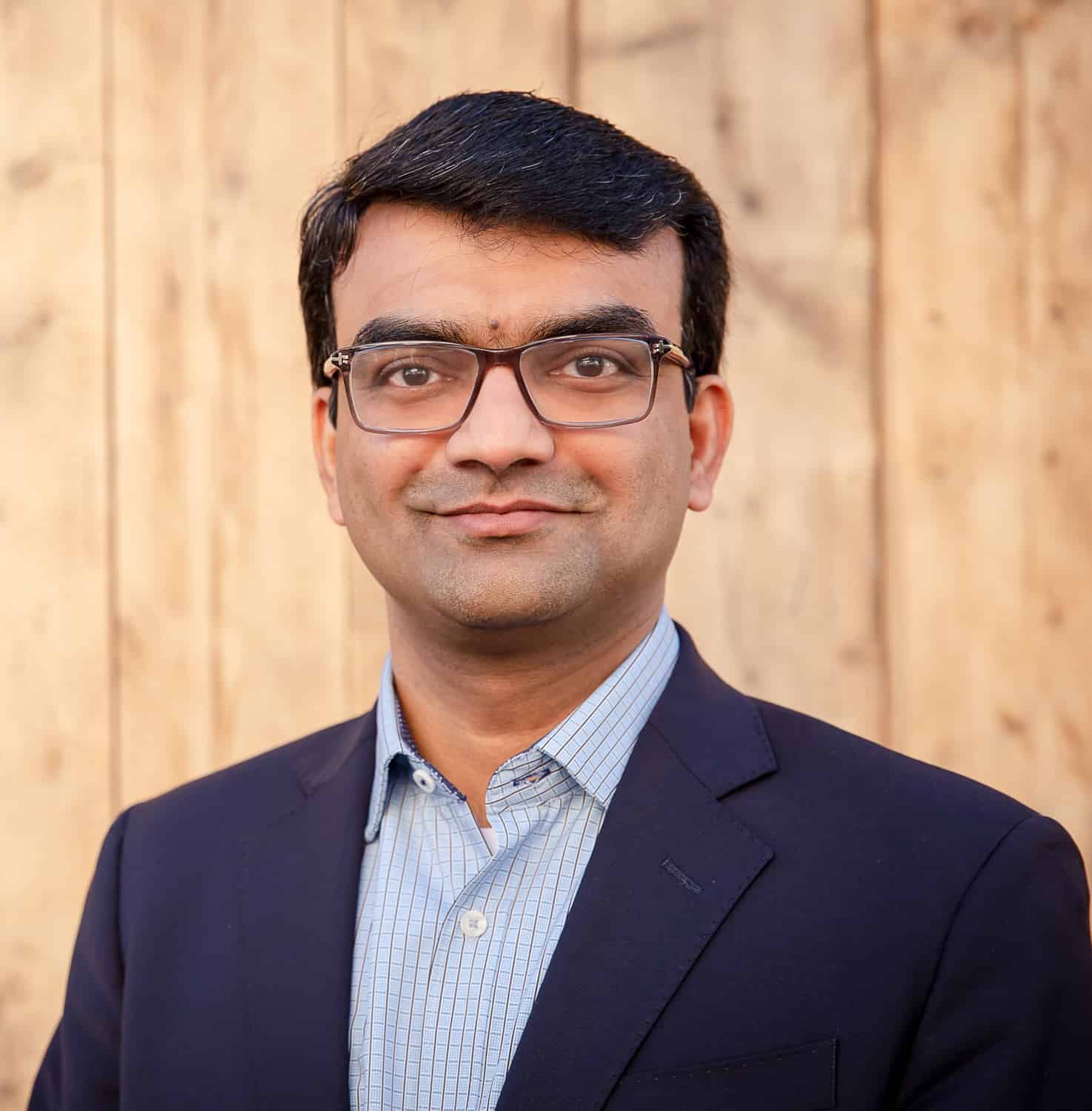Dennis Gada, SVP and Industry Head of Financial Services at Infosys speaks to Global Finance about prioritizing ESG issues and supporting their corporate clients.

Global Finance: What are you hearing from corporate clients when you talk about sustainability? What are they asking about currently?
Dennis Gada: Sustainability as a theme is not new, but over the past 18 months, there is an increased focus on it. As the pandemic unfolded, many enterprises publicly disclosed that their priority is not just on profits but also on purpose. So, there’s a real change in organization-level strategy.
When we talk to clients about sustainability, there are two sets of issues that emerge. One is about helping them become more sustainable: How can they reduce their carbon footprint? How can they improve their metrics and strengthen reporting? How can they use more data and analytics, use more metrics and measurements, to be transparent about their sustainability agenda?
With the second—and more important issue—we feel that clients, especially in financial services, realize that achieving impact requires profitability while pursuing purpose. It is critical for their own business and for their end customers, as economic strength powers the capacity to invest in sustainable initiatives. So, in addition to metrics, a lot of discussions center on how a focus on sustainability can help the business, in revenue growth or drive the creation of new products. In financial services for example, what kinds of funds, what kind of lending platforms, etc., can be launched that are more closely associated with sustainability?
I can tell you there isn’t a single strategic discussion we have with CEOs where they don’t talk about the strategic importance of sustainability.
GF: Where are we on the journey to sustainability? Are there specific sectors or regions or companies that are further advanced?
Gada: Most of the larger mature enterprises are moving away from this being a check-the-box, compliance exercise. We don’t see that mindset at all anymore. It is now more strategic.
Financial services are taking sustainability very seriously. A lot of the large banks have committed billions of dollars to sustainability and will support sustainable businesses through loans, capital, and various other interventions. Also, if you look at a lot of the regional banks, they work with the small and medium-sized enterprises in their local communities. You can talk big metrics, but regional banks helping small businesses during the pandemic is what sustainability means in its true purpose.
GF: What about the public sector? Are the issues the same?
Gada: The public sector is obviously very large in many countries, and, therefore, has the largest impact. But we do see that they are lagging a bit. They lack the skills sometimes to be able to collect and report their data or face issues with standard frameworks and so on. Some governments and some public sectors are doing better than the others, but overall, they lag the private sector.
GF: You mentioned that Infosys launched business lines for sustainability. Can you elaborate?
Gada: Infosys has always taken a fact-based, practical approach to sustainability as we pursued and then achieved carbon neutrality in 2020. We have maintained that practical sustainability perspective as we launched our sustainability business unit last year. One of the more interesting parts of the Infosys offering is how to use data and analytics as a sustainability tool, to report on metrics and to capture useful data. This can help organizations understand the best way to farm that consumes the least amount of water, or how to minimize energy waste in a manufacturing plant. We build solutions for smart spaces to ensure optimum utilization and measure air conditions using IoT-based technologies. Our portfolio also includes models to develop talent, which is the ultimate sustainable resource. We have helped many of our clients reskill their workforces.
People do not traditionally look at the cloud as contributing to sustainability, but even massive cloud server farms consume less energy than traditional corporate data centers. On average—and I’ve looked at several reports—these cloud server farms are 25% to 30% more energy efficient than standard corporate data centers. We have a suite of offerings under our Cobalt brand which we use to help clients migrate to public and private cloud. That is the single biggest way we are helping our clients become more energy efficient.
GF: What are some of your own ESG accomplishments?
Gada: Infosys became carbon neutral in 2020, thirty years ahead of the Paris Agreement requirements. Based on publicly available data, we are the only company, and the first company headquartered in India that has become carbon neutral across Scope 1, 2, 3, emissions. Keep in mind that was done without purchased carbon offsets, so it made a real impact on the planet. That is practical sustainability in action, and a big milestone for us.



